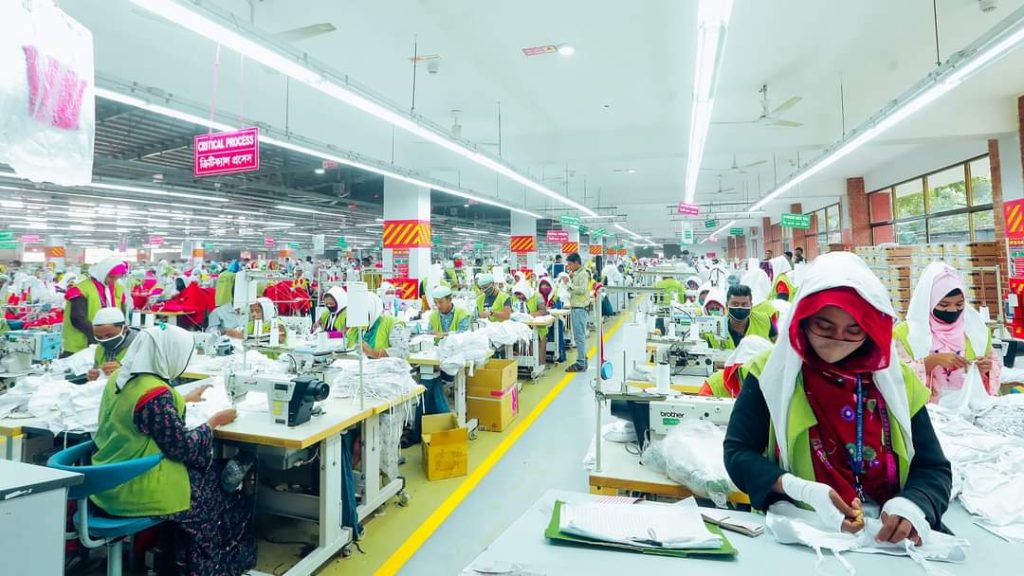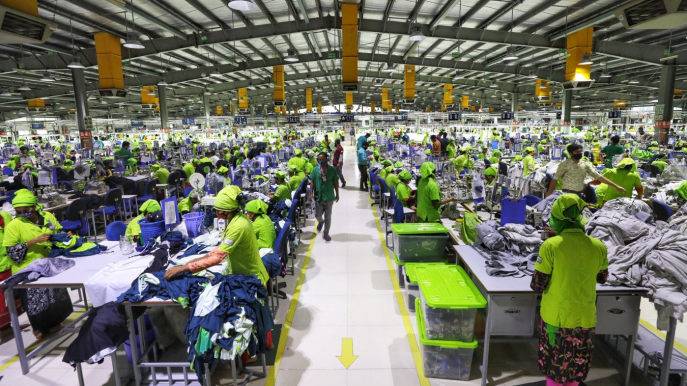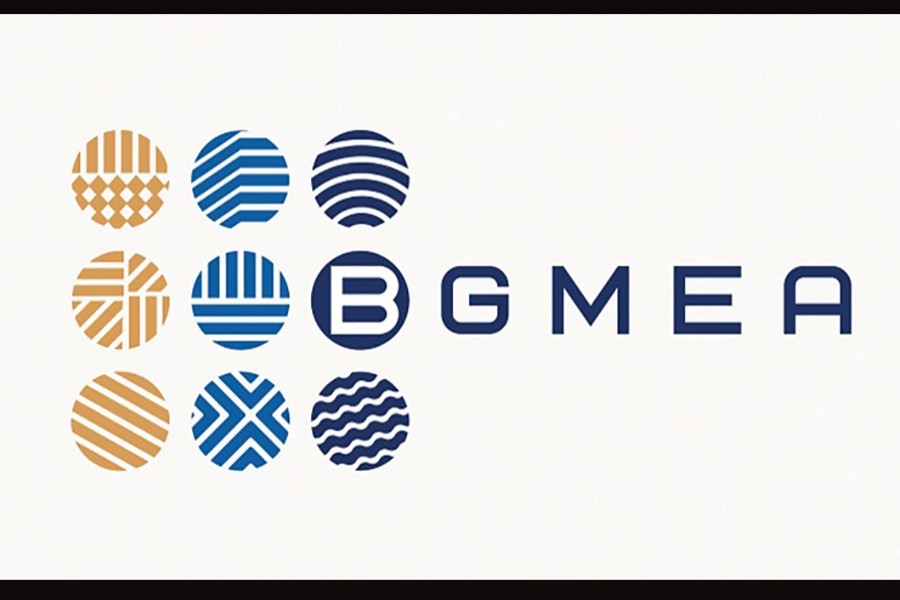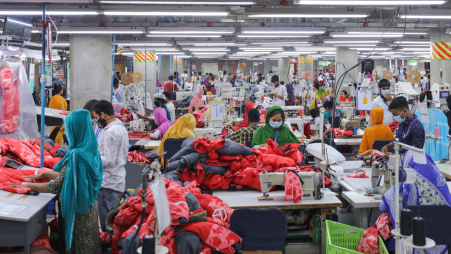Dear valued Brands, Retailers, and representatives of esteemed Buyers. Greetings from BGMEA. Hope you are doing well.
Though I am addressing you in this letter, I hope you are in receipt of my regular emails updating you about trade and other contemporary issues. As the subject, mentioned above, suggests I am writing to share with you about one of the current and most important issues in our industry.
Regardless of our position and stake in the global apparel value chain – as manufacturers or buyers – we all are going through a tough time. The unprecedented inflation, leading to contractionary policies by central banks in all developed countries, is affecting disposable income, spending and demand for products. While managing the supply chain has become difficult at the retail end, we, the manufacturers are in a complete ‘nightmare situation’ to manage our capacities, supply chain, planning and forecasting.
Yet, we have been quite successfully able to retain growth momentum in our exports, so far. Of course, we acknowledge your continued support in this journey with deepest gratitude. Challenges were and are emerging in new forms and scales. You know about the zero tolerance and committed efforts and investments made by the industry to remediate and ensure complete safety at the workplace. While we made significant progress in this area and continued our efforts, we faced the pandemic of the century and its devastation on us. But with the support of yours and our government, we proved our resilience and came back to business. I do also think that the support you received from us, especially operating during the time of pandemic following strict health protocol, is unparalleled. This makes us unique as a nation and we want to continue this journey with you.
We are working continuously to improvise ourselves. We are making all the efforts to make business easier and efficient. Some of our steps in the recent past have already brought results, especially with regard to the importation of textiles from India through multiple land ports, the relaxation of rules regarding partial shipment while importing textiles from India. The direct cargo train between India and Bangladesh and improved warehousing capacity in land customs ports have opened a gateway for improved trade logistics. The government also waived the rule of mandatory fumigation for importing cotton from the USA. At the same time, the rule regarding import of raw materials on FOC basis is relaxed from 4 months to 6 months. Several mega infrastructure projects are completed and we are waiting to have the new terminal opened at Dhaka airport by the end of this year! More reforms and mega projects are underway. These will add more pace to our business in the coming days.
In our journey ahead, we have committed to putting the utmost importance on sustainability, aligning with the SDG vision. We now have 202 LEED certified RMG factories in Bangladesh of which 73 are platinum. We are working with a clear sustainability vision to significantly decarbonize our industry and adopt circularity by 2030, which aligns with your priorities and complements your values as well. Well, our efforts are not limited to social and environmental causes, but how we remain economically viable through innovation, digitization, diversification and being more productive and resource-efficient. I gratefully acknowledge the support and collaboration from a few major brands, who are working with BGMEA to support the industry transformation at a larger scale. We need more handholding to pursue the area of possibilities. For your kind information, we are trying to make BGMEA as a futuristic organization. We established a Future Center at BGMEA which covers a Center for Innovation, Center for Efficiency and Center for OSH to foster innovation in every segment of the trade; the Textile Technology Business Center (TTBC), which is an offspring of the Partnership for Cleaner Textile (PaCT) project; a Responsible Business Hub (RBH) in BGMEA to strengthen the capacities of our manufacturers to adapt and comply with the globally emerging due diligence; and a Circular Fashion Unit to deal with the circular economy initiatives. Besides, BUFT is being strengthened further to better cater to the need for professionals in the industry in diverse disciplines. The Chattagram BUFT is also made functional. We are now exploring collaboration opportunities with fashion institutes overseas so that we can facilitate more exchange programs and learn better. I would appreciate it if you could connect with such institutes. We are also in the process of establishing a digital data platform to baseline and monitor improvements in ESG practices at factories.
While having all these visions and aspirations, the reality is full of challenges. No one can tell you better about the cost factors and their dynamics. We are yet to recover from the loss caused by the pandemic, and we are investing so much to make the industry transparent and sustainable. Now, inflation and production cost hike including gas, electricity, fuel, transport and other costs, is squeezing our breathing space. In fact, the workers, who are the lifeline of this industry, are suffering the most from inflation. We know that the price level has also gone a bit higher, but barely enough to cope with the cost upsurge.
However, you may know that the Minimum Wage Board for garment workers is working to review the current minimum wages. The Board has already done several meetings and currently consulting with different stakeholders. They are visiting factories and discussing with workers and owners. I believe before the end of this year a new minimum wage will be declared and there will be quite a significant increase if we look at the trend of previous reviews, as well as the aggregate inflation in past five years. In fact, in today’s world there is no respite from inflation, be it in Bangladesh or any country around the world. Well, the Minimum Wage Board is an independent body, with equal representation from workers, owners and independent groups. It works independently, so it’s difficult for me to speculate about the hike in wages. But considering the standard and cost of living of our workers, and the inflation, I would urge you to kindly consider a rational price upcharge in your current price negotiations for the orders to be produced from the 1st of December 2023 onwards. This is important for a smoother transition to a new wage scale.
I also take this opportunity to solicit your suggestions, advice, information, or comments to make our industry more competitive, efficient and sustainable. Please send me your thoughts to president@bgmea.com.bd
As we commit ourselves to continuously delivering the better, we are leaving no stone unturned to optimize the value of our spending, with an uncompromising stance on ethical and responsible business. Let us be more empathetic toward each other and find the space for realignment and continued partnership.
Author: Faruque Hassan
President, BGMEA






















